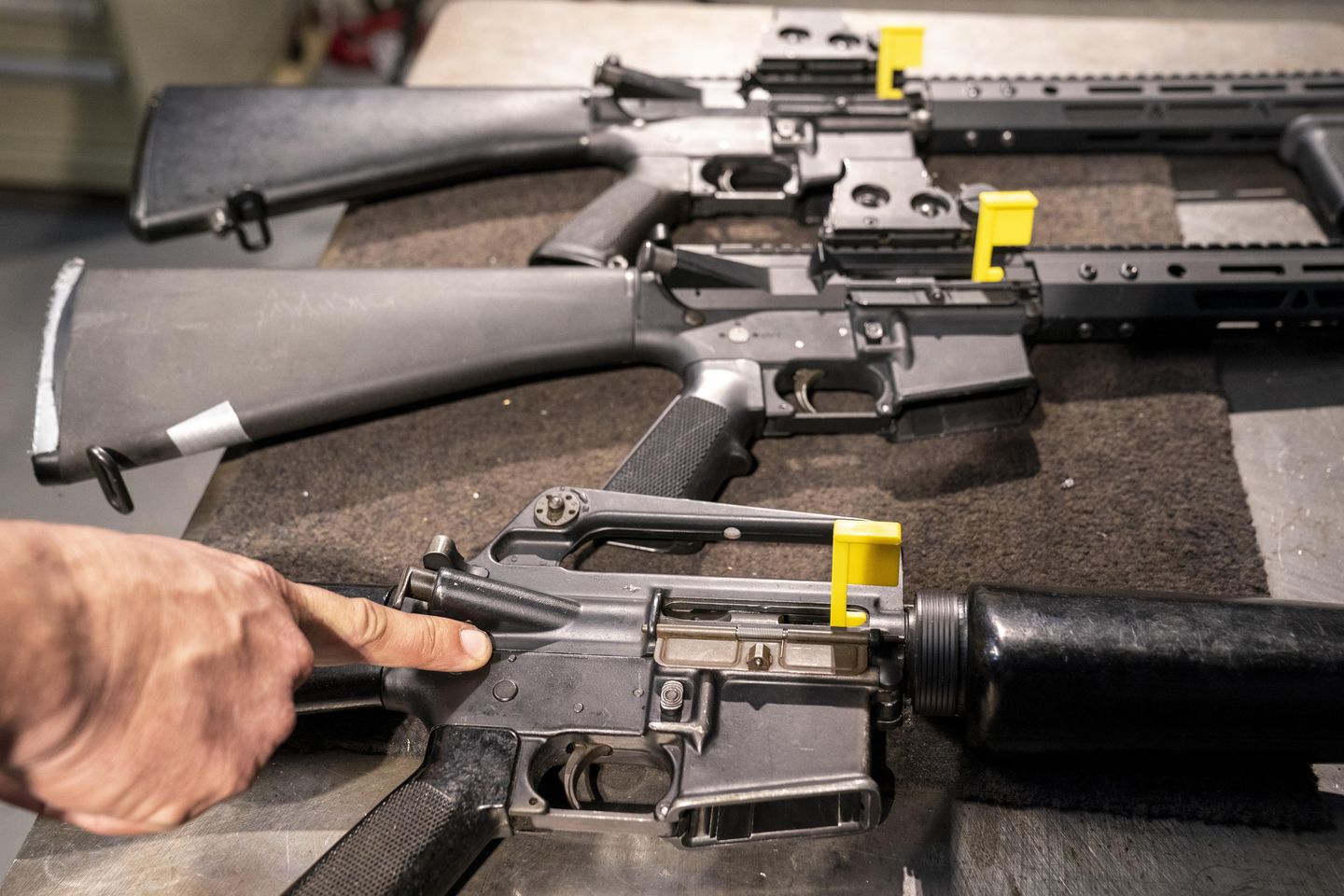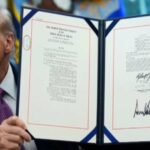In a groundbreaking decision that has sent shockwaves through the legal community, a Trump-appointed judge has ruled that a ban on machine guns violates the Second Amendment. The ruling came as part of a case in Kansas where criminal charges against a defendant were dismissed.
The case, which has been closely watched by gun rights advocates and opponents alike, centered around the defendant’s possession of a machine gun. The defendant, who has not been identified, was charged with violating federal gun laws that prohibit the possession of automatic weapons.
However, in a surprising turn of events, the judge overseeing the case ruled that the ban on machine guns was unconstitutional. Citing the Second Amendment’s protection of the right to bear arms, the judge argued that individuals have a fundamental right to possess firearms, including automatic weapons.
The decision has sparked fierce debate among legal experts, with some praising the judge for upholding the Constitution and protecting individual rights, while others have criticized the ruling as dangerous and misguided.
Gun rights advocates have hailed the decision as a major victory for the Second Amendment. They argue that the right to bear arms is a fundamental part of American identity and should not be infringed upon by the government.
On the other hand, opponents of the ruling have expressed concern about the potential implications of allowing individuals to possess machine guns. They argue that these weapons are inherently dangerous and have no place in civilian hands.
The ruling is likely to have far-reaching consequences for gun control laws across the country. If upheld on appeal, it could open the door to legal challenges against other restrictions on firearms, potentially leading to a loosening of gun control measures.
However, it is important to note that the decision is not without controversy. Critics have pointed out that the judge’s interpretation of the Second Amendment is a departure from established legal precedent, which has generally upheld restrictions on certain types of firearms.
Despite the controversy, the ruling has sparked a renewed debate about gun rights and gun control in America. It has reignited the age-old question of where to draw the line between individual rights and public safety when it comes to firearms.
In the wake of the ruling, both sides of the gun debate are gearing up for a legal and political battle that could shape the future of gun rights in America. Gun rights advocates are likely to push for further challenges to gun control laws, while opponents of the ruling will work to strengthen existing restrictions on firearms.
One thing is for certain: the debate over gun rights is far from over. As the legal battle over the Second Amendment continues to unfold, Americans on both sides of the issue will be watching closely to see how the courts ultimately decide the fate of gun control laws in the United States.









